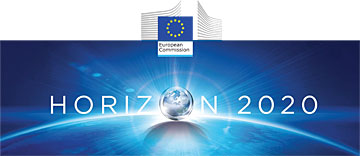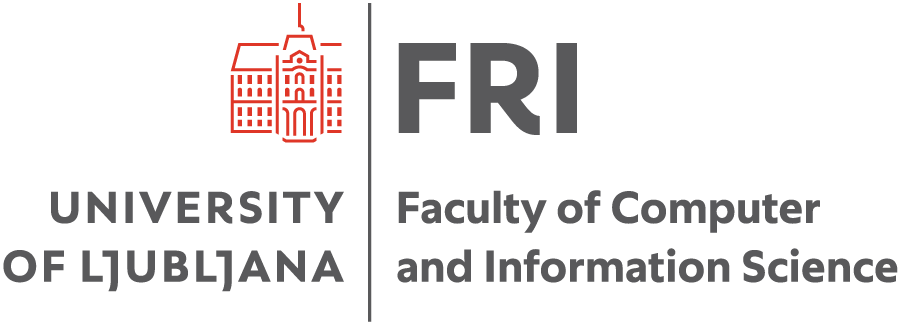- PARENT - PremAtuRe nEwborn motor and cogNitive impairmenTs: Early diagnosis
- Description
The Faculty of Computer and Information Science of the University of Ljubljana, in a consortium with ten other research institutions, hospitals and companies, obtained a four-year project as part of the Marie Skłodowska-Curie Innovative Network Training (MSCA-ITN) call. As part of the project, the consortium will employ 15 doctoral students from various fields, who will jointly research, search for new biomarkers and based on them, develop a computer system for early detection of cognitive and motoric changes of premature born infants.
The red thread of the PARENT project is the issue of early detection of cognitive deficits and motoric disorders of premature born children and adolescents. Premature birth significantly increases the preparation for abnormalities in neurological development in childhood and adolescence as well, which consequently leaves lifelong consequences. Such an outcome, however, not only burdens the child himself in his parents, but also places a burden on society. Early detection of brain injury or dysmaturation, as well as early detection of cognitive impairment, is thus important to increase well-being of children and their families, allowing for monitoring of child development and medical assessment. Based on this, doctors can begin the necessary therapy to eliminate or reduce the level of long-life consequences at the earliest stage possible.
The PARENT project will establish a multidisciplinary approach to the development of diagnostic and prediction platforms focused on neonatal motoric and cognitive impairment; the project will search for and monitor (new) biomarkers in the blood based on neuroimages, motoric skills, eye monitoring, etc. PARENT will critically contribute to the open software infrastructure for the diagnosis of neurodevelopmental diseases by integrating various information obtained from clinical data, biomarkers, collection and processing of neuroimaging materials, data merging, machine learning and new predictive algorithms.
- Logo

